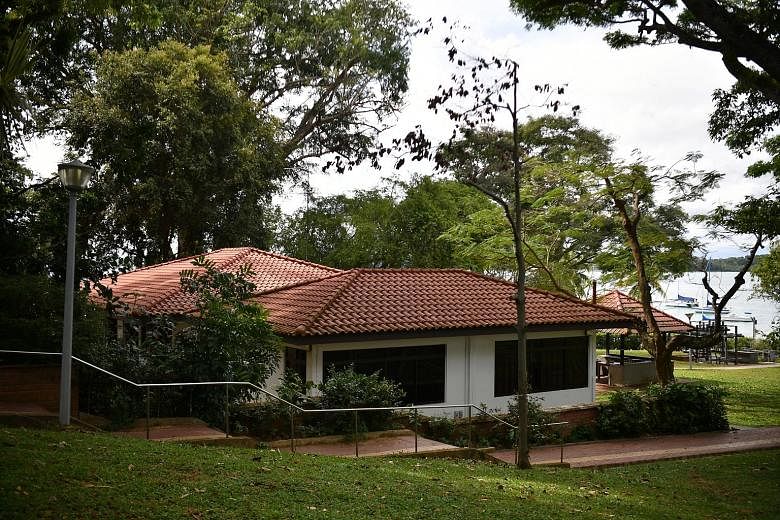On top of washing their hands and disinfecting surfaces, people should switch off the air-conditioner, turn on the fan and get fresh air to reduce the chances of getting infected by the coronavirus.
The reason is that while many unknowns remain about the virus, earlier studies have shown that viruses thrive better in cool, dry climates.
That would make tropical Singapore, with its hot and humid weather, less conducive for the virus to thrive.
This "good news" for Singapore was delivered yesterday by the Health Ministry's chief health scientist, Professor Tan Chorh Chuan, at a press conference.
"The likelihood of viral persistence outdoors is lower," he said, even as he noted the prevalent use of air-conditioning in Singapore.
Prof Tan was one of eight infectious disease experts in Singapore present at the press conference to brief the media on what is being done to fight the virus, on both the science and health fronts.
He said plenty of research has been done on how long viruses persist on surfaces following the outbreak of the severe acute respiratory syndrome (Sars) in 2003.
"Most of the studies indicate they don't persist well in hot, humid environments," he added. "Hot and humid meaning over 30 deg C, and with humidity levels of over 80 per cent."
The virus that caused Sars is in the same family as the coronavirus, which originated in the Chinese city of Wuhan and has spread globally.
Associate Professor Hsu Li Yang, programme leader of infectious diseases at the National University of Singapore's (NUS) Saw Swee Hock School, said: "Air-conditioning is something that can't be helped in Singapore, especially during the hot months.
"But enclosed spaces, where it is less humid and cooler, could help to spread respiratory diseases."
Experts suggest that another way to reduce the spread of diseases is to keep windows and doors open.
The World Health Organisation, in a document outlining how to prevent the coronavirus from infecting people, said suspected patients should be kept in well-ventilated rooms.
Professor Wang Linfa, director of the programme in emerging infectious diseases at Duke-NUS Medical School, said ultraviolet rays and heat from the sun could kill the virus.
"If you can stay under the sun for a while, it would be good," he added. "Vitamin D can also boost the immune system."
Disinfecting surfaces could also prevent the virus from infecting people.
Last month, public transport operators SBS Transit and SMRT said they were intensifying the cleaning of their premises and vehicles.












